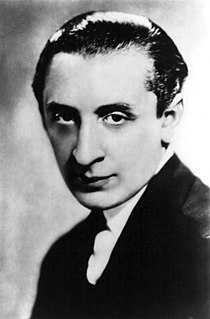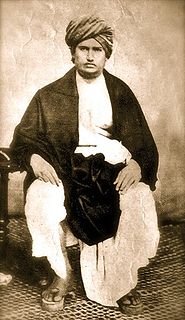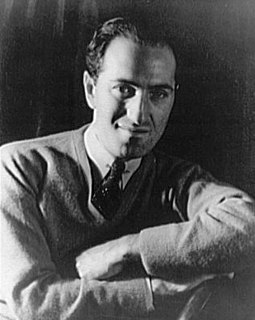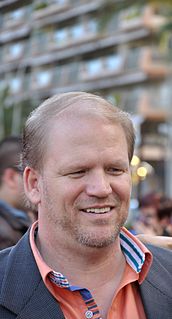A Quote by E. B. White
Who can confidently say what ignites a certain combination of words, causing them to explode in the mind? Who knows why certain notes in music are capable of stirring the listener deeply, though the same notes slightly rearranged are impotent? These are high mysteries, and this chapter is a mystery story, thinly disguised.
Related Quotes
When a story or part of a story comes to me, I turn it over in my mind a long time before starting to write. I might make notes or take long drives or who knows what. By the time I give myself permission to write, I know certain things, though not everything. I know where the story is headed, and I know certain crucial points along the way.
All I really know in nonfiction is that when I come home, I've got all these notes and I'm trying to figure out what actually happened to me. I usually kind of know what happened, but as you work through the notes, you find that certain scenes write well and some don't even though they should. Those make a constellation of meaning that weirdly ends up telling you what you just went through. It's a slightly different process, but still there's mystery because when you're bearing down on the scenes, sometimes you find out they mean something different than what you thought.
One needs only to study a certain positioning of the hand in relation to the keys to obtain with ease the most beautiful sounds, to know how to play long notes and short notes and to achieve certain unlimited dexterity. A well formed technique, it seems to me, can control and vary a beautiful sound quality.
You never can tell, though, with suicide notes, can you? In the planetary aggregate of all life, there are many more suicide notes than there are suicides. They're like poems in that respect, suicide notes: nearly everyone tries their hand at them some time, with or without the talent. We all write them in our heads. Usually the note is the thing. You complete it, and then resume your time travel. It is the note and not the life that is cancelled out. Or the other way round. Or death. You never can tell, though, can you, with suicide notes.
I think words speak to us even though they may be written on a wall. So we hear them in our mind. We say it to ourselves. But they are also visual things. You draw them. They are designed. They are colored. They have a certain size. I put them in a certain place. So they are objects that have to be - artistic decisions have to be made in terms of the color and the size and the line and whatever.
I’ll write down little lines, I always say, 'K.T.N.,' and I say that to my receivers and running backs and that means 'keep taking notes.' That keeps me alert. That keeps me going. That keeps my drive there, even when you’re taking notes on something that you’ve already taken notes on a million times - keep taking notes.
You get notes from two studios and a network instead of a studio and a network. Although we early on forced them all to do their notes together. I make them all talk to each other first. Because we went through the pains of getting notes from ABC and at the time it was Touchstone, that were opposite - and then CBS notes that were opposite again. So it was, you guys are going to have to work it out as to what is the most important note.






































